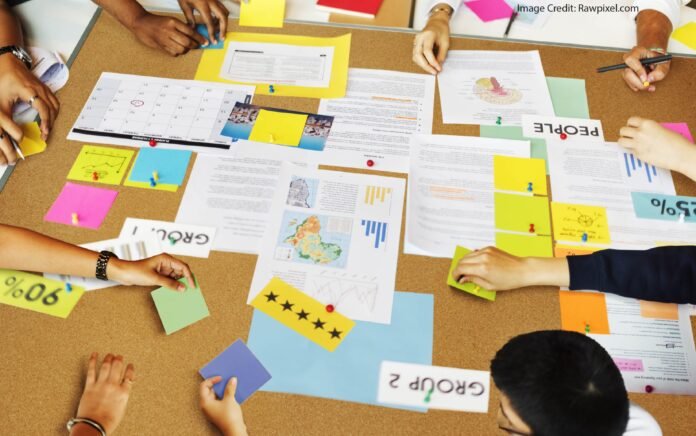In an evolving educational landscape, Project-Based Learning (PBL) stands out as a transformative approach that reshapes how students engage with their learning environments. By centering on real-world challenges and problems, PBL not only bridges the gap between theoretical knowledge and practical application but also equips students with the essential skills needed for the future. This article delves into the core aspects of Project-Based Learning, highlighting its significance and the profound impact it has on student development.
The Essence of Project-Based Learning
At its core, Project-Based Learning is an instructional strategy designed to foster knowledge acquisition and skill development through engaging, student-centered projects. These projects are intricately crafted around real-world challenges, providing a platform for students to explore, question, and derive solutions in a context that mirrors real-life scenarios. Through this immersive learning experience, PBL encourages students to take ownership of their learning journey, promoting a deeper connection with the subject matter.
Cultivating Essential Skills for the Future
The dynamic nature of PBL allows it to stand at the forefront of educational innovation, primarily because of its emphasis on developing critical 21st-century skills. As students navigate through projects, they hone their critical thinking, problem-solving, collaboration, and communication skills. These competencies are invaluable in the modern workforce and society, where adaptability and creativity are paramount. Moreover, PBL fosters a sense of responsibility and self-motivation among students, preparing them to face future challenges with resilience and confidence.
A Shift from Traditional Learning Paradigms
Project-Based Learning marks a significant departure from conventional, lecture-based instructional methods. Instead of passive learning, PBL thrusts students into an active role where inquiry and exploration are encouraged. Educators transition from being the sole source of knowledge to becoming facilitators who guide, support, and inspire their students. This shift not only enhances the learning experience but also cultivates an environment where students are motivated to learn and explore beyond the confines of the classroom.
Engagement and Relevance: Bringing Learning to Life
One of the most compelling aspects of PBL is its ability to make learning engaging and relevant. By tackling projects that reflect real-life problems, students see the value and applicability of their studies. This relevance boosts motivation, as learners understand that their efforts have a purpose beyond mere academic achievement. Furthermore, the collaborative nature of PBL projects fosters a sense of community and teamwork among students, enriching their social and interpersonal skills.
Conclusion
Project-based learning is more than an educational trend; it’s a powerful pedagogical approach that prepares students for the complexities of the real world. Through PBL, education transcends traditional boundaries, empowering learners to discover their potential and make meaningful contributions to society. As we embrace Project-Based Learning, we unlock a world of possibilities, igniting the spark of curiosity and innovation in the minds of students. The journey through PBL not only educates but also inspires, creating a generation of lifelong learners ready to tackle the challenges of tomorrow.
Also, read more at “kiendel.com“
